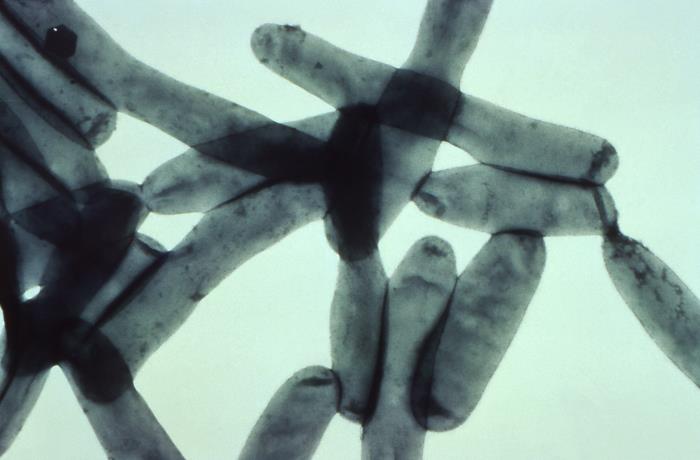Legionnaires’ disease is a serious type of pneumonia caused by Legionella bacteria. Legionella can also cause a milder illness called Pontiac fever.

According to the Centers for Disease Control and Prevention (CDC), some 6100 Legionnaires’ disease cases were reported in 2016; however, this number is undoubtedly low due to under-diagnosis.
People can get sick when they breathe in mist or accidentally swallow water into the lungs containing Legionella. Most people exposed to Legionella do not get sick. However, people 50 years or older, current or former smokers, and people with a weakened immune system or chronic disease are at increased risk.
My guest today is a friend and a friend of the show–Alex Snitker. Alex recently contracted Legionnaires’ disease while in California and is currently recovering.
Podcast: Play in new window | Download
Subscribe: Apple Podcasts | RSS
Related podcasts:
- Legionnaires’ disease and Legionella, Part One
- Legionnaires’ disease and Legionella, Part Two
- The 1918 Influenza Pandemic: A short history and lessons learned
- Troubling statements about vaccines: Gloria Copeland and Milwaukee’s Patricia McManus
- India eliminating trachoma and other global health successes in 2017
- Raw sushi’s microbial risks: The worms and germs
- Rabies: What should you do if you’re exposed?
- Bioterrorism, antibiotic resistance and pandemic flu: Discussing ‘Deadliest Enemy’
- Rabies: Signs and symptoms, exposure, transmission and diagnostics
- Ebola: Pathology, treating patients and the current outbreak


